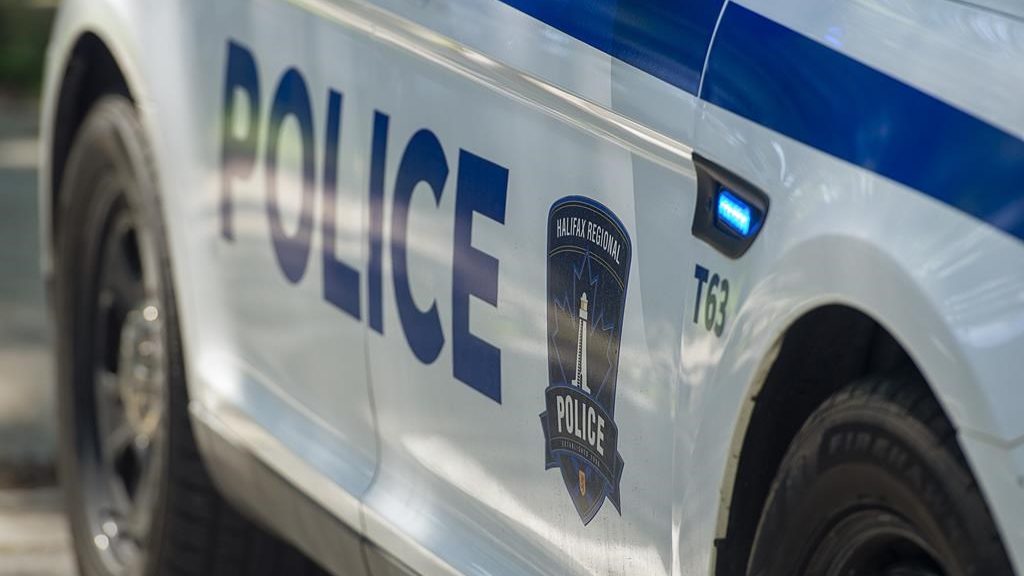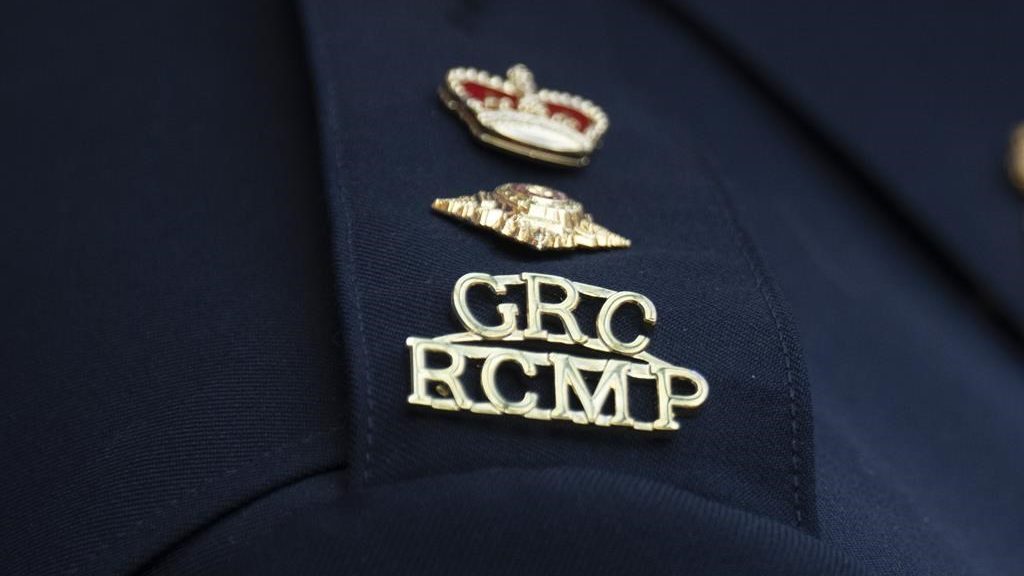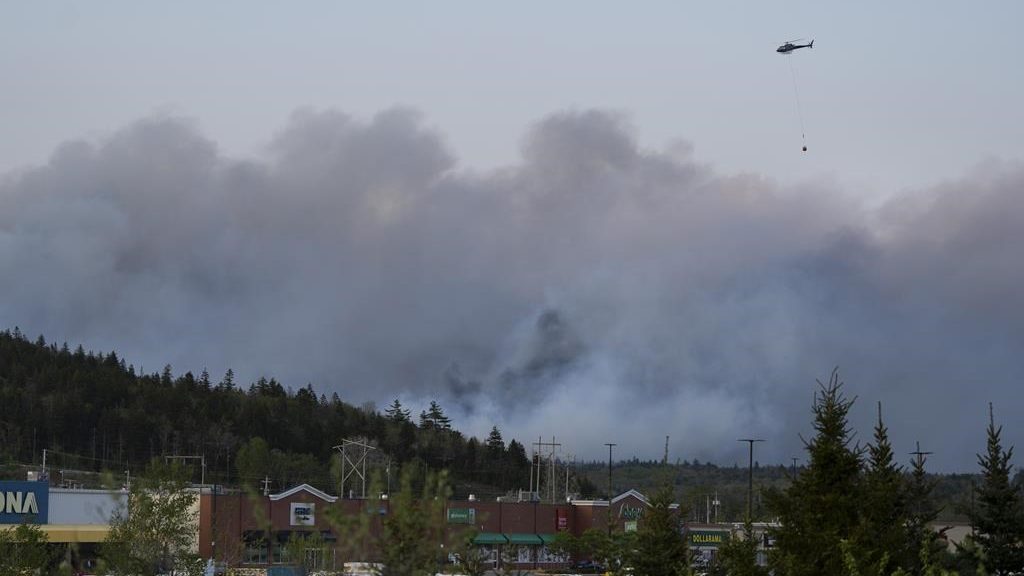Models show first wave of COVID-19 subsiding in Newfoundland and Labrador
Posted Apr 27, 2020 08:39:59 PM.
ST. JOHN’S, N.L. — Models show the first wave of COVID-19 in Newfoundland and Labrador is subsiding as officials look at developing more aggressive digital tracing methods in preparation for future outbreaks.
Dr. Proton Rahman, a clinical scientist and professor of medicine at Memorial University of Newfoundland, shared projections showing that the disease curves linked to travel and to a cluster of cases from a funeral home in March have flattened.
Another statistical model also showed the first wave of infections is resolving, with only a few more cases expected.
Rahman said the results are thanks in large part to the public’s compliance with public health measures, along with the swift public health response.
“There’s very good control right now of COVID-19 transmission,” Rahman said, adding that some measures could reasonably be reduced in the near future, if the situation is closely monitored.
The province has reported just two new cases of the illness over the last seven days, with no new cases reported on Monday. Of the province’s confirmed 258 cases, 221 people have recovered.
Nova Scotia was the only Atlantic province to report new COVID-19 cases Monday, as the count remained unchanged in both New Brunswick and Prince Edward Island.
Rahman said measures will have to be lifted in a controlled and gradual manner, and physical distancing will be key to keeping the illness under control. He said the two main sources of infection — the funeral home and travel — show why large gatherings and entrance to the province should remain areas of focus for public health policy.
“We have to have a rational, respectful, but a very effective border control plan to stop significant importation of the virus into our province,” Rahman said. He suggested that businesses think creatively about how to adapt to the pandemic.
Health Minister John Haggie said Rahman’s presentation showed that although the first wave is subsiding, physical distancing will have to become a part of life until a vaccine is developed to prevent future outbreaks.
“We’re entering a phase of embers, and everybody knows how easy it is for these things under the right conditions to start up again,” Haggie said.
Haggie said the province has been in discussions with a local company about developing an app that could be used to trace COVID-19 patients’ contacts digitally, a discussion he said has also been taking place on a national level.
The technology would use Bluetooth to detect people who have been in close proximity to someone who is found to be positive, and Haggie says it could be ready for use in a few weeks.
He said users would have to opt in to share their cell phone data with the app.
He said evidence from South Korea and Singapore, where governments have used similar technology, suggests that at least 60 per cent of cell phone users in the province would have to use the app for it to be effective as a contact-tracing tool.
Elsewhere, Nova Scotia reported 27 new cases of COVID-19 Monday, pushing the number of confirmed cases to 900 with 24 deaths.
New Brunswick began the first phase of its COVID-19 recovery plan last week, and Monday was the province’s ninth consecutive day without a new case.
It is now possible for families and neighbours to visit another household unit. Both households must mutually agree to get together only with one another. Individuals must limit their gatherings to these two households only.
Golf courses, driving ranges, beaches and parks can now open, as long as physical distancing and safety measures are in place.
Premier Blaine Higgs said even with some relaxed measures, police won’t hesitate to issue tickets if people stretch the rules by holding larger gatherings or failing to physically distance.
“Ticketing people is a last resort, but we will continue to do this when people break the rules,” Higgs said, noting a total of 77 tickets have been issued since a state of emergency was declared.
For P.E.I., Monday was the province’s 12th day without a new case.
Twenty-four of the Island’s 26 cases are considered recovered, and chief public health officer Dr. Heather Morrison says a plan to ease public health restrictions is being finalized and should be released this week.
Morrison said she knows that people want to get their hair cut, go shopping and do other normal activities, but the return has to be done carefully.
“And the weeks ahead may be more challenging than the last number of weeks have been,” Morrison said.
This report by The Canadian Press was first published April 27, 2020.
– With files from Kevin Bissett in Fredericton and Keith Doucette in Halifax
Holly McKenzie-Sutter, The Canadian Press










